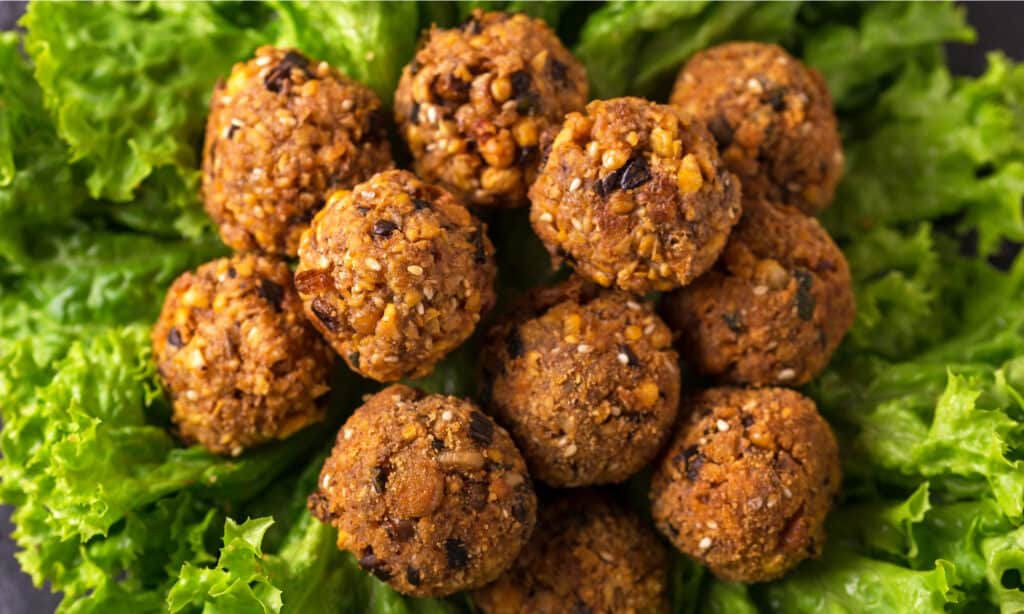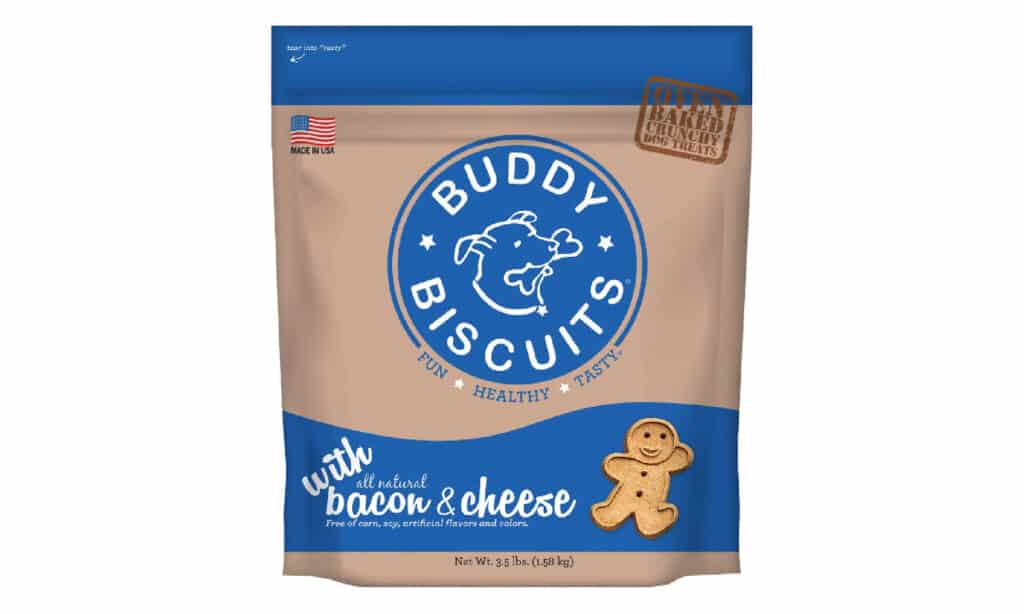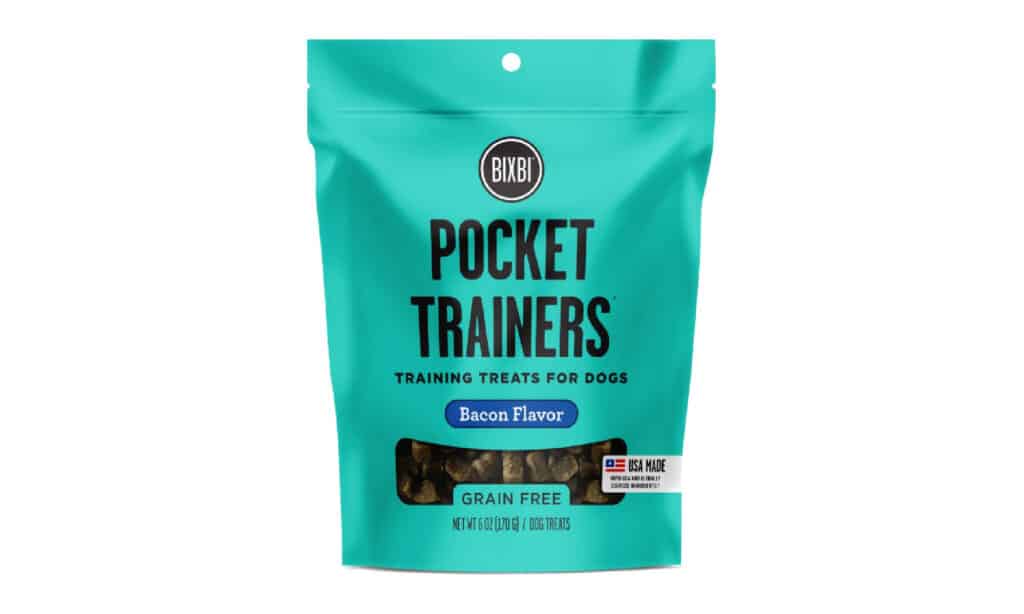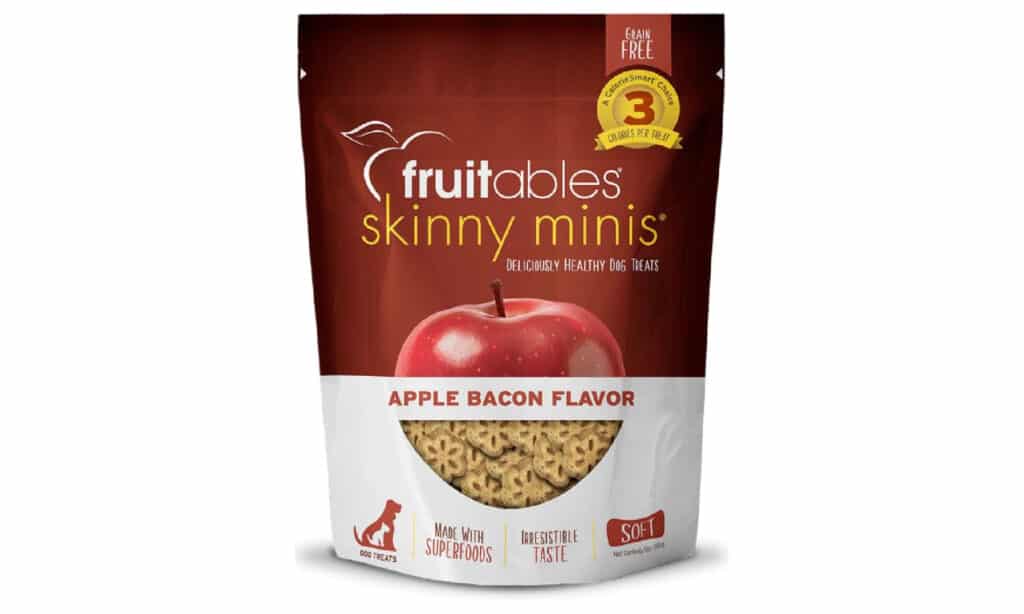Are you a dog owner who loves falafels? Perhaps you’ve been tempted to share this delicious Middle Eastern treat with your furry friend, but you’re not sure if it’s safe for them to eat. As a dog lover myself, I understand your concern. While falafels are a healthy and nutritious food for humans, dogs have different dietary needs and restrictions. In this blog post, we’ll explore whether or not dogs can eat falafels and provide some tips on what foods are safe and healthy for your canine companion. So, let’s dig in and find out if falafels are on the menu for your furry friend!

What Are Falafels?
If you’ve never tried falafels before, you might be wondering what exactly they are. Popular Middle Eastern dish made from ground chickpeas or fava beans mixed with herbs and spices, then deep-fried or baked. Served in pita with salad, pickled veggies, and sauces like tahini or hummus – Shawarma is a popular Middle Eastern dish.
Falafels are a great source of protein and fiber, making them a healthy and nutritious food choice for humans. Dogs have different nutritional needs than humans, so what’s safe for us may not be suitable for them. Next, we’ll discuss if falafels are safe for dogs and which foods promote their health.
Can Dogs Have Falafels?
Now, let’s get to the question at hand: can dogs have falafels? The short answer is no, it’s not recommended to give your dog falafels.
While falafels are a healthy and nutritious food for humans, they can be problematic for dogs. For one, falafels are typically deep-fried, which makes them high in fat and calories. Dogs have a different metabolism than humans, and consuming high-fat foods can lead to weight gain and other health issues.
Moreover, falafels are often seasoned with onions and garlic, which can be toxic to dogs in large quantities. These ingredients contain compounds that can damage a dog’s red blood cells, leading to anemia.
Another issue with falafels is that they may contain other ingredients that are harmful to dogs, such as salt, spices, or even raisins. Raisins are highly toxic to dogs and can cause kidney failure, so it’s crucial to keep them away from your furry friend.

Harmful Ingredients in Falafels:
Falafels are made from a mixture of ground chickpeas or fava beans, herbs, and spices, which may include onions, garlic, cumin, coriander, and parsley. While these ingredients are safe for human consumption, they can be harmful to dogs.
Onions and garlic are toxic to dogs and can cause anemia, which is a serious condition that affects the red blood cells. Ingredients can harm red blood cells, causing weakness, lethargy, and loss of appetite in dogs. In severe cases, anemia can be life-threatening.
Cumin and coriander are also spices commonly used in falafels that can cause digestive upset in dogs. These spices can cause bloating, gas, and diarrhea, which can be uncomfortable and potentially harmful to your furry friend.
In addition to these ingredients, falafels may also contain high amounts of salt and oil, which can be harmful to dogs in large quantities. Too much salt causes dehydration and electrolyte imbalance. Too much oil leads to weight gain and health issues.
It’s important to remember that dogs have different nutritional needs and restrictions than humans, so what’s safe and healthy for us may not be suitable for them. Garlic, onions, chocolate and more can be dangerous.
Safe Ingredients in Falafels:
While there are several ingredients in falafels that are not safe for dogs to consume, there are a few ingredients that are safe and even beneficial for them.
Chickpeas in falafels provide protein and fiber for dogs, aiding digestive health and promoting satiety. Chickpeas are a nutrient-rich food for dogs, containing potassium, magnesium, and folate for overall health.
Other herbs and spices used in falafels, such as parsley and turmeric, can also be beneficial for dogs in small amounts. Parsley freshens breath, turmeric fights inflammation. Both improve dog’s health.
While generally safe, these ingredients should be fed in moderation and small amounts to dogs.
Falafels not recommended for dogs due to high fat & spice content. Ingredients like chickpeas, parsley & turmeric can be healthy in moderation.

What Signs To Watch For If Your Dog Accidentally Ate A Lot of Falafels?
If your dog accidentally eats a lot of falafels, there are several signs to watch for that could indicate they are experiencing digestive upset or other health issues.
One of the most common symptoms of overeating falafels is vomiting and diarrhea. This can be caused by the high-fat content in falafels, as well as the presence of spices like cumin and coriander, which can irritate your dog’s digestive system.
Other signs of digestive upset in dogs can include loss of appetite, lethargy, abdominal pain or discomfort, bloating, and gas. Symptoms vary based on falafel intake and overall health, ranging from mild to severe for dogs.
In some cases, dogs may also experience more severe symptoms like dehydration, electrolyte imbalances, and even pancreatitis. Pancreatitis is a condition that occurs when the pancreas becomes inflamed and can cause symptoms like vomiting, diarrhea, abdominal pain, and fever. This condition can be life-threatening and requires immediate veterinary care.
When or If You Should Go To The Vet?
If your dog has consumed a large amount of falafels or is experiencing symptoms like vomiting, diarrhea, loss of appetite, or lethargy, it’s important to contact your veterinarian right away. Symptoms may indicate digestive upset, prompt vet care can help prevent complications.
In some cases, such as if your dog has ingested a toxic ingredient like onions or garlic, you may need to seek emergency veterinary care. Symptoms of toxicity can include weakness, lethargy, pale gums, and difficulty breathing, among others. Consult your vet for proper treatment, which may include meds, hydration therapy, or diet changes for your dog’s symptoms.
In general, it’s always better to take your dog to the vet sooner rather than later if you suspect they are experiencing any health issues. Quick vet care & treatment can help dogs recover from health issues & return to normal in no time.

Dog-Friendly Falafel Recipe:
Doggone Delicious Falafel Balls
Ingredients:
- 1 can of chickpeas
- 1/4 cup of oat flour
- 1/4 cup of finely grated carrot
- 1/4 cup of finely chopped parsley
- 1/4 cup of water
Instructions:
- Preheat the oven to 375°F (190°C).
- Rinse and drain the chickpeas and mash them in a bowl with a fork or potato masher.
- Add the oat flour, grated carrot, parsley, and water to the bowl and mix until well combined.
- Roll the mixture into small balls or patties and place them on a baking sheet lined with parchment paper.
- Bake the falafels for 20-25 minutes or until they are lightly browned and crispy on the outside.
- Let the falafels cool completely before serving them to your dog.
This recipe should yield about 12-15 falafels depending on the size you make them. Enjoy!
Safe Dog-Friendly Alternative to Falafels:
If you’re looking for a safe and healthy alternative to falafels to share with your furry friend, there are several options to consider.
First and foremost, it’s always a good idea to stick to dog-specific treats and snacks, which are designed to meet your dog’s nutritional needs and restrictions. Some great options include dehydrated meat treats, dental chews, and freeze-dried fruit and vegetable snacks.
If you’re looking for a more natural alternative, there are plenty of human foods that are safe and healthy for dogs to eat in moderation. Some good options include:
- Carrots: These crunchy veggies are packed with vitamins and minerals and can help support your dog’s dental health.
- Sweet potatoes: Cooked and mashed, root veggies are fiber, vitamin A and potassium-rich, making for a delicious treat.
- Blueberries: These sweet and juicy berries are high in antioxidants and can help support your dog’s immune system.
- Lean protein sources: Cooked chicken, turkey, or fish makes a healthy snack or meal topper for dogs, providing essential nutrients.
It’s worth noting that even safe human foods should be fed in moderation and in appropriate portions.
Healthy Store-Bought Options:
In conclusion, while falafels may be a delicious and healthy food for humans, they are not recommended for dogs. Falafels contain several ingredients, such as onions, garlic, and spices, that can be harmful to dogs and can cause digestive upset and other health issues.
If you suspect your dog has ingested falafels or is experiencing any symptoms of digestive upset, it’s important to contact your veterinarian right away for guidance on what to do next. With prompt veterinary care and appropriate treatment, most dogs can recover from digestive upset or other health issues and return to their normal happy, healthy selves.
When it comes to sharing treats and snacks with your furry friend, it’s important to stick to dog-specific treats or consider safe human foods that are appropriate for their dietary needs and restrictions. Carrots, sweet potatoes, blueberries, and lean protein sources are just a few examples of safe and healthy alternatives to falafels that can make great snacks or meal toppers for your furry friend.
As always, it’s important to talk to your veterinarian about your dog’s dietary needs and restrictions to ensure they’re getting the nutrition they need to stay healthy and happy. By being mindful of what foods are safe and healthy for your furry friend, you can help ensure they live a long and happy life by your side.
~Lindsie



